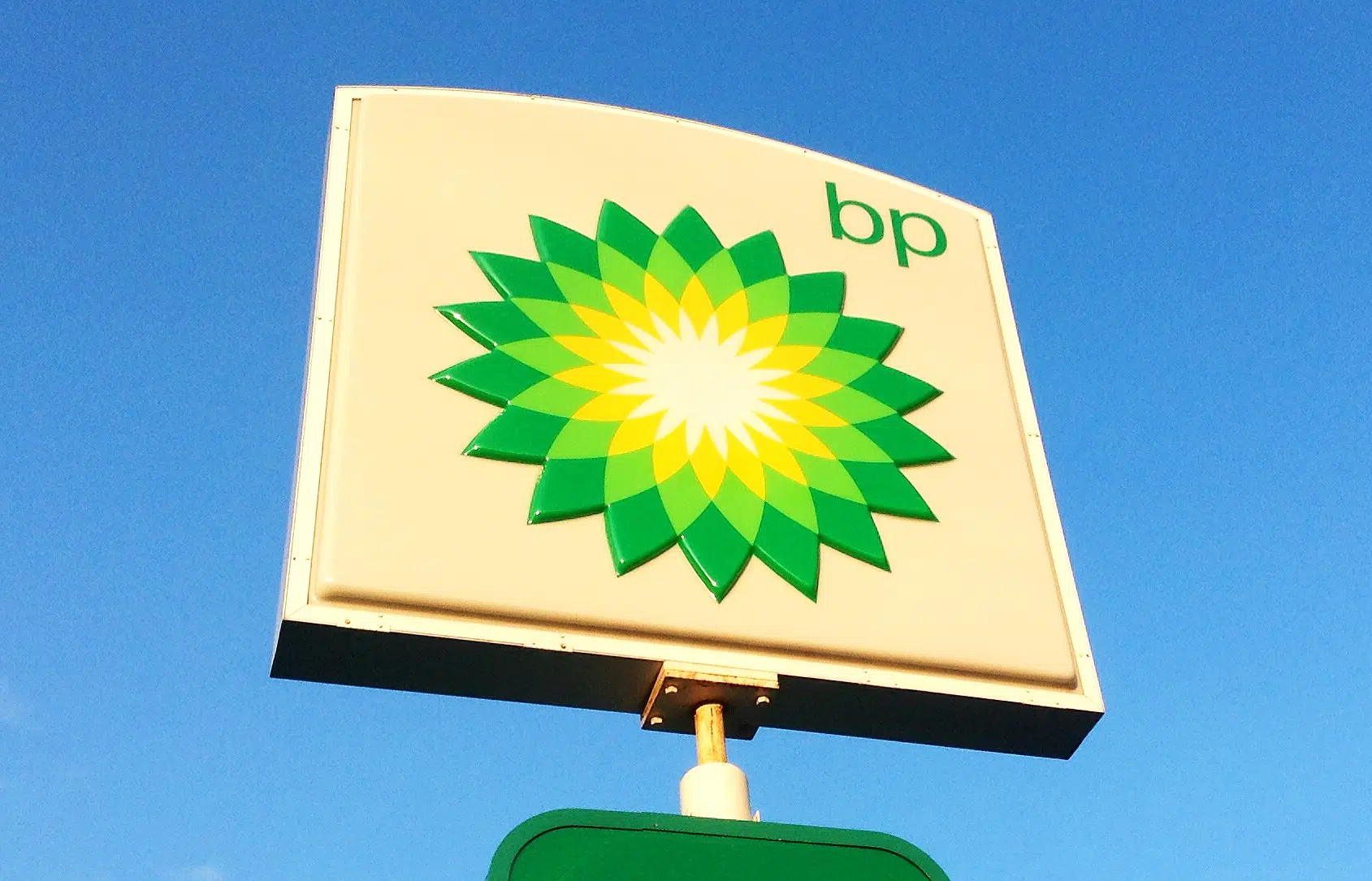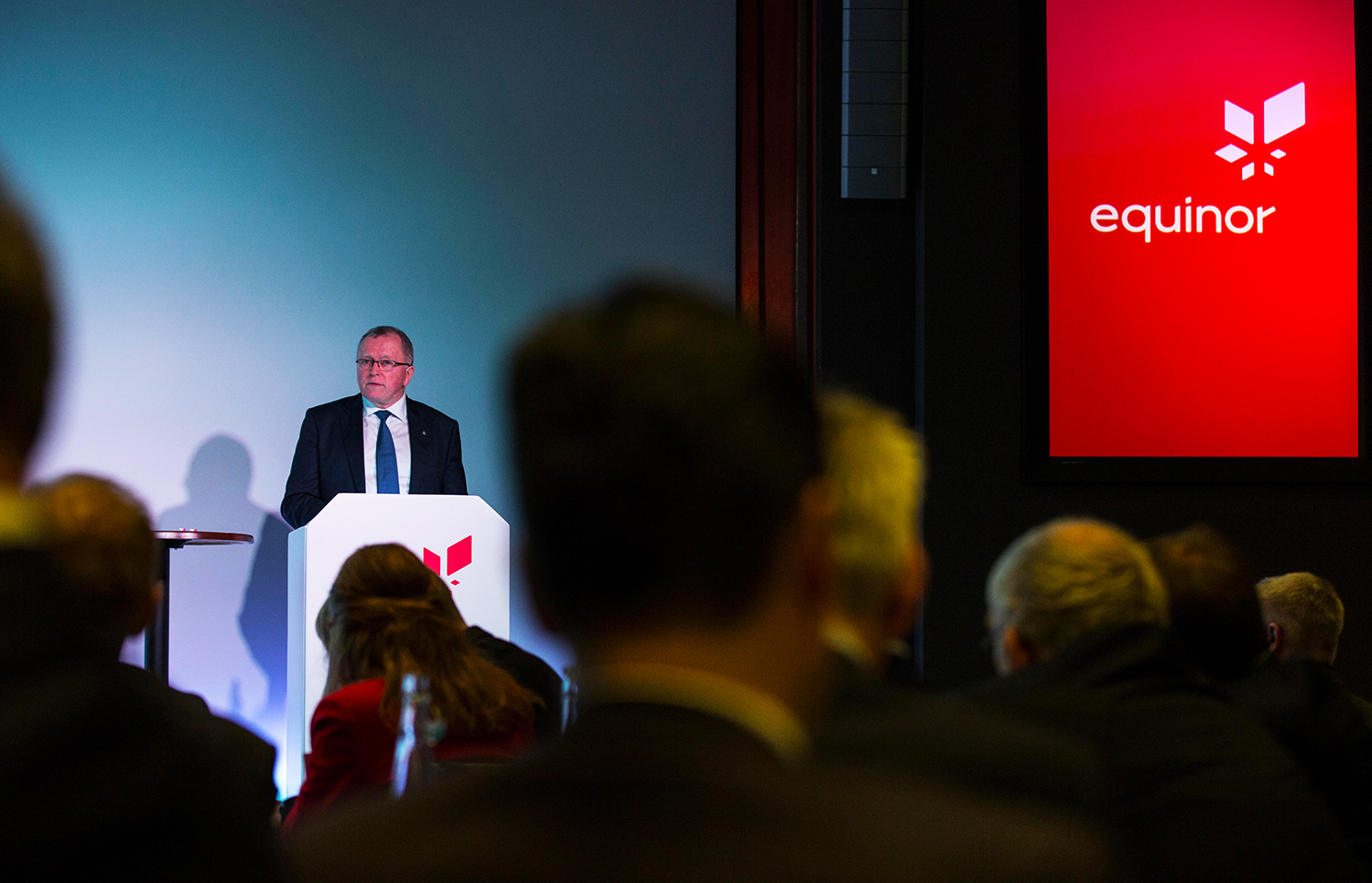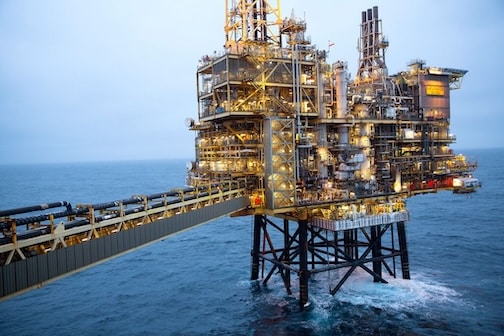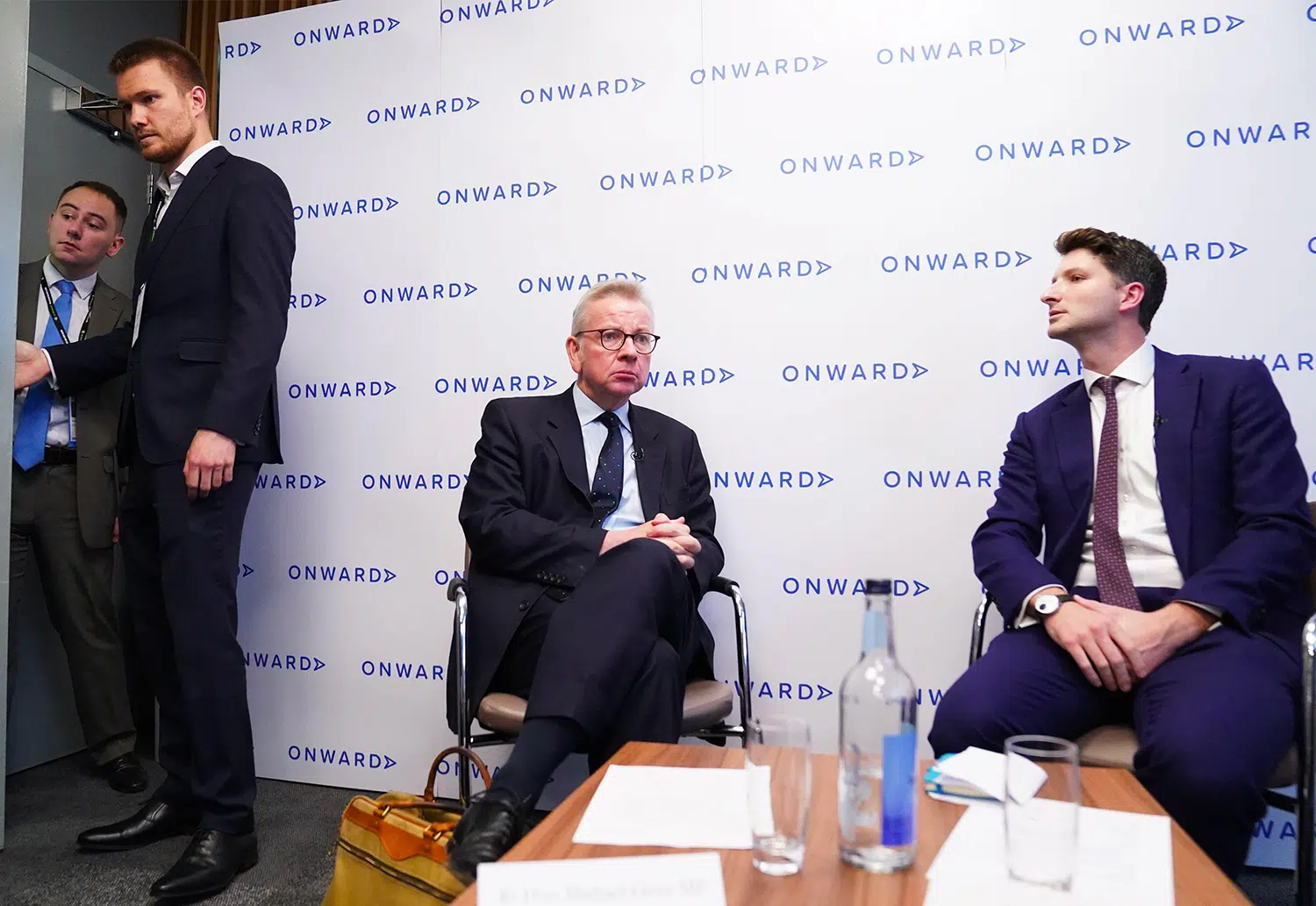
Message From the Editor
Oil and gas companies shape public narratives in many ways, and one highly valued tool for reaching America’s political power brokers, internal industry documents recently revealed, is paid sponsorships with news media brands.
“We use sponsored content as a tool to push our messages directly to Washington, DC, [sic] elites who set and influence energy policy — and can decide whether we keep our license to operate,” reads a subpoenaed document from BP released by a U.S. congressional investigation.
That’s BP’s “social license,” and oil companies rely on this societal approval to keep up business-as-usual. Think about that reputational shift that occurred when having a “smoking section” in an American restaurant went from ubiquitous to pretty much unthinkable. That’s when Big Tobacco lost its social license, and Big Oil is desperately trying to avoid a similar scenario.
Which is exactly why increasingly unpopular oil companies buy the positive associations of respected news outlets like The Washington Post, The New York Times, Politico, The Financial Times, and Reuters when they partner with their media brands. A December investigation by DeSmog and Drilled showed how brand studios for such outlets are producing “sponsored content” for oil and gas companies across a wide range of platforms.
And as we report this week, “BP’s stark acknowledgement of the importance it places on such paid content for shaping policy in the United States, the world’s largest producer of oil and gas, underscores the apparent conflict between media companies’ claims to impartiality, and their willingness to produce paid content promoting the interests of the fossil fuel industry.” Read the full story.
The issue isn’t limited to the U.S. This week was marked by protests in the UK over Norwegian oil giant Equinor’s sponsorship of two climate events, one run by Politico and one by the New Statesman magazine. Both saw Members of Parliament pull out once they learned of the oil company’s sponsorship. “That’s me out,” tweeted Green Party MP Caroline Lucas. Read more.
Have a story tip or feedback? Get in touch: [email protected]. Want to know what our UK team is up to? Sign up for our UK newsletter.
Thanks,
Brendan DeMelle
Executive Director
P.S. You’ll never see the oil industry’s – or anyone else’s – “sponsored content” on DeSmog. Readers like you power our journalism dedicated to climate accountability. Can you donate $10 or $20 right now to support more of this essential work?
Image credit: Mike Mozart (CC BY 2.0 DEED)
Week of Protests Over Equinor’s Media Sponsorship Greenwashing
— By Adam Barnett, Phoebe Cooke and Ellen Ormesher (6 min. read) —
Major media companies have sparked a wave of criticism after allowing a Norwegian oil and gas company behind the UK’s largest new North Sea project to sponsor events on climate change.
Equinor was an official sponsor of two conferences on climate and energy this week, one run by the New Statesman magazine, and one run by Politico. Both saw MPs pull out over the sponsorship, while the first was interrupted by a climate activist.
Oil Companies Use Paid News Media Partnerships to Protect ‘Social Licence to Operate,’ Documents Show
— By Ellen Ormesher and Rebecca John (4 min) —
Oil major BP considers deals to place paid-for content in trusted media brands as key to influencing the Washington power players who set U.S. energy policy, according to internal company documents.
The communications provide a rare unvarnished glimpse into the strategic value the oil industry places on multi-million-dollar sponsorship deals with outlets such as the Washington Post, The New York Times, Reuters, the Financial Times, and Politico.
Edelman and Shell Renew Their Global PR Deal
— By Ellen Ormesher (4 min. read) —
The global PR giant Edelman has won the bidding war for Shell’s worldwide public relations account — the latest extension of the two companies’ decades-long relationship.
As first reported on Monday by Provoke Media, the account is “estimated in the eight-figure range”, placing Shell among Edelman’s most lucrative clients.
State Agency Met with Oil-by-Rail Firm in Private Ahead of Permit Application
— By Nick Cunningham (8 min. read) —
Oregon state environmental regulators are deciding whether to issue an air permit for a contested oil-by-rail operation in Portland, a site that received local approval after a deal worked out in private between the company and city officials.
Now, new documents show that the state agency also met privately with the company before the application was submitted.
BP and Shell Funded Group Was Sunak Government’s Most Popular Think Tank in 2023
— By Andrew Kersley (5 min. read) —
An oil and gas funded group had the most registered meetings with government ministers among all think tanks last year, DeSmog can reveal.
Onward describes itself as a think tank bringing “bold and practical ideas for the centre right”. Since its launch in 2018 it has gone through a meteoric rise, quickly becoming one of Westminster’s most influential think tanks.
From the Climate Disinformation Database: Jack N. Gerard
Jack N. Gerard is former President, CEO, and a lobbyist for the American Petroleum Institute (API), a national trade association that “represents all aspects of America’s oil and natural gas industry.” While at API, Gerard oversaw campaigns under names like “Energy Nation,” “Energy Citizens,” “EnergyTomorrow,” or “the People of America’s Oil and Natural Gas Industry.” API’s “Energy Citizens” portrayed itself as a “grass roots” initiative to combat climate change legislation. The Washington Post notes that in 2010, Gerard directed $63 million, one-third of API’s budget, to an outside public relations firm for ad campaigns. Gerard’s emails discussing the industry’s PR playbook are among the documents released by a recent congressional investigation.
Read the full profile and browse other individuals and organizations in our Climate Disinformation Database, Ad & PR Database, and Koch Network Database.








